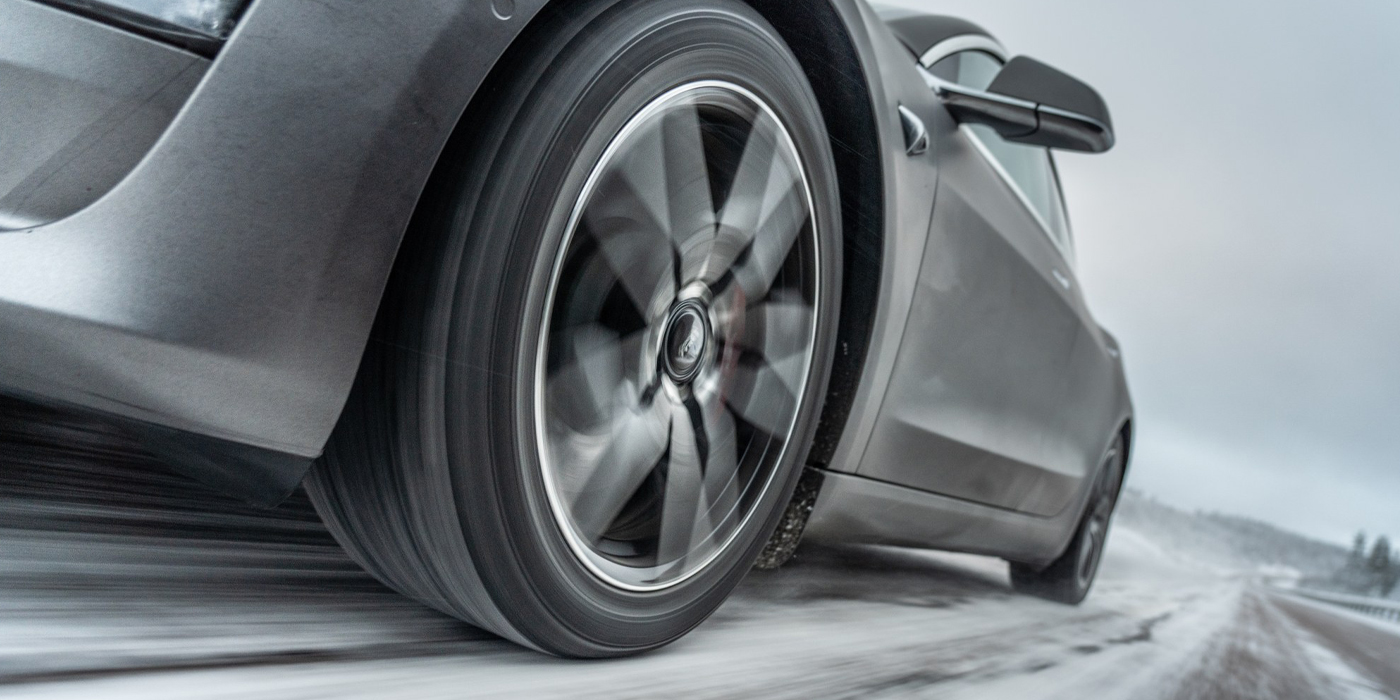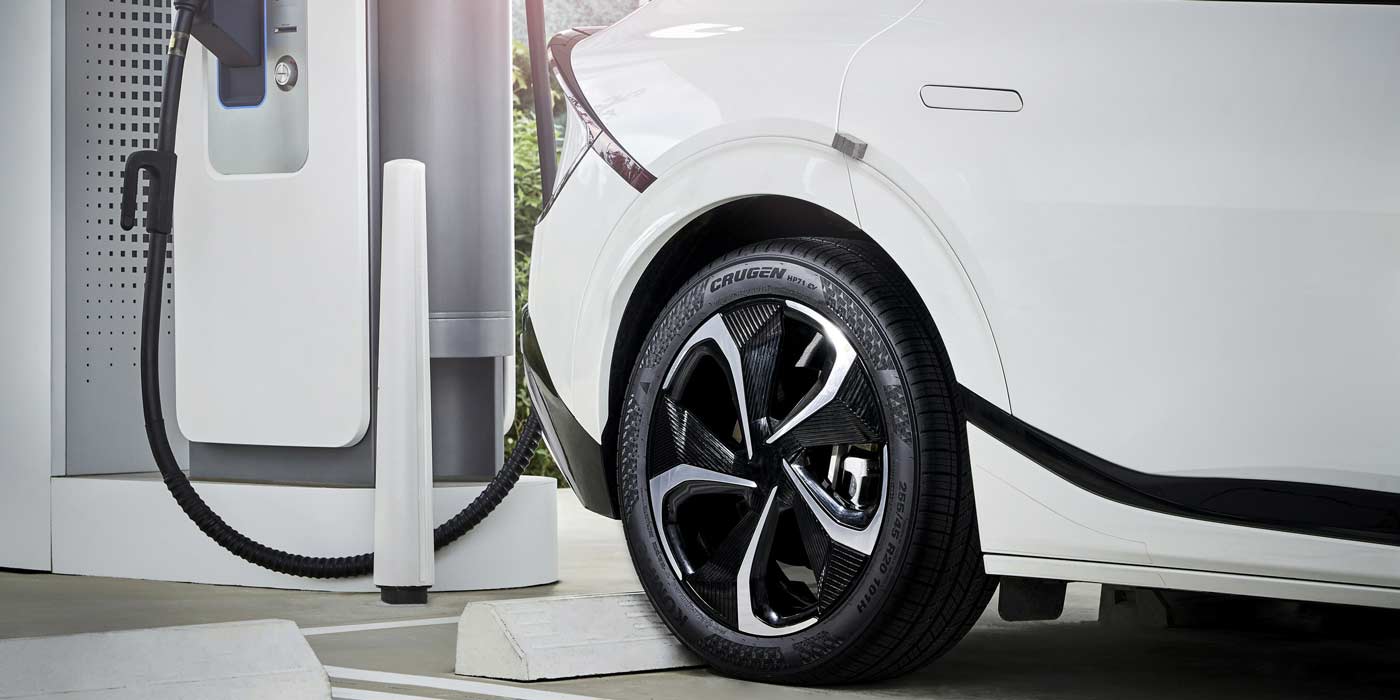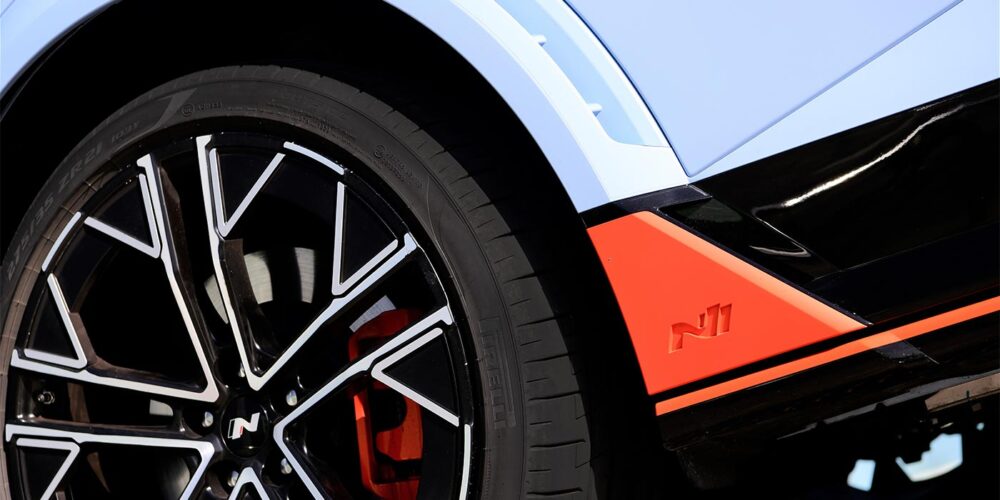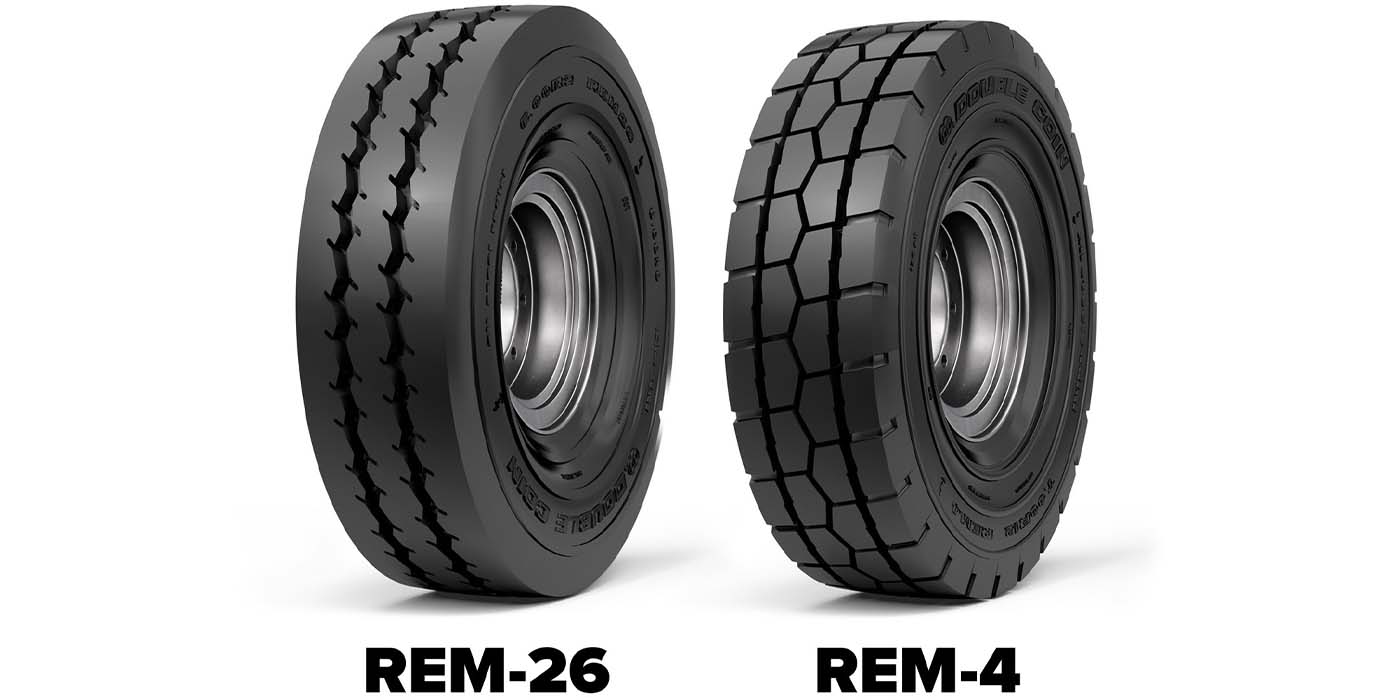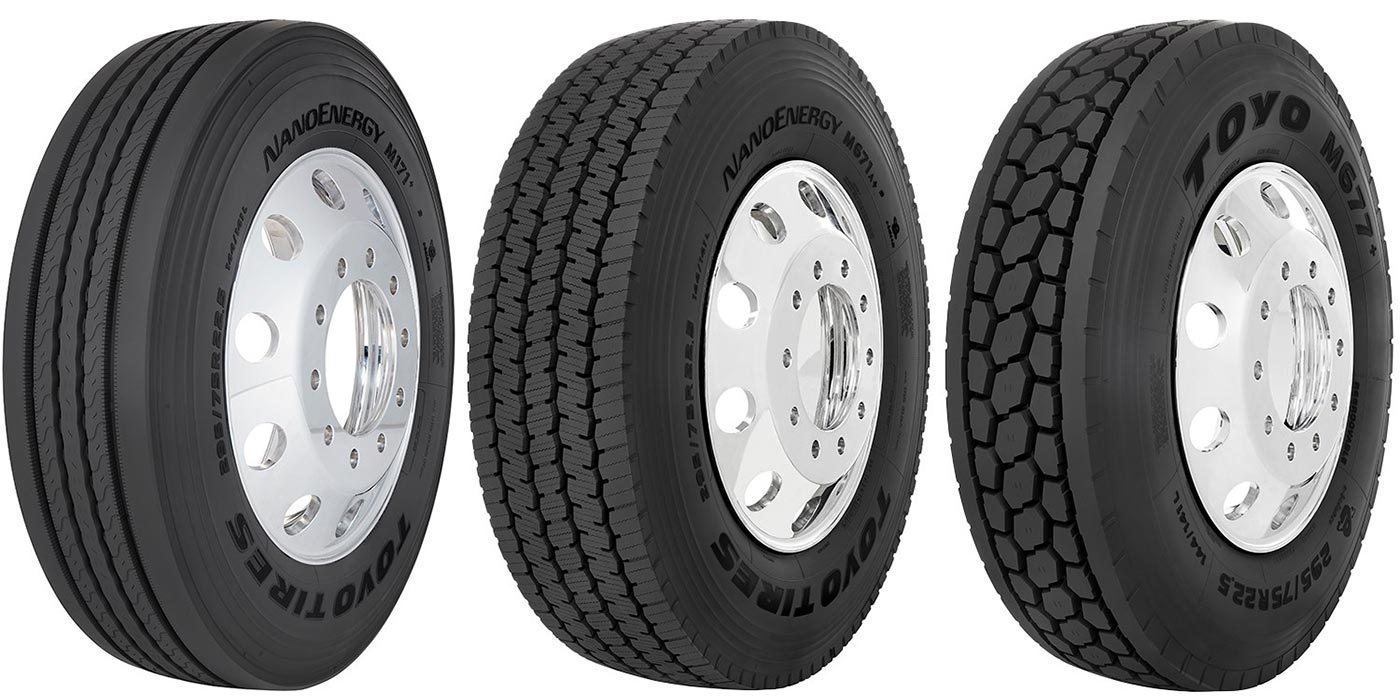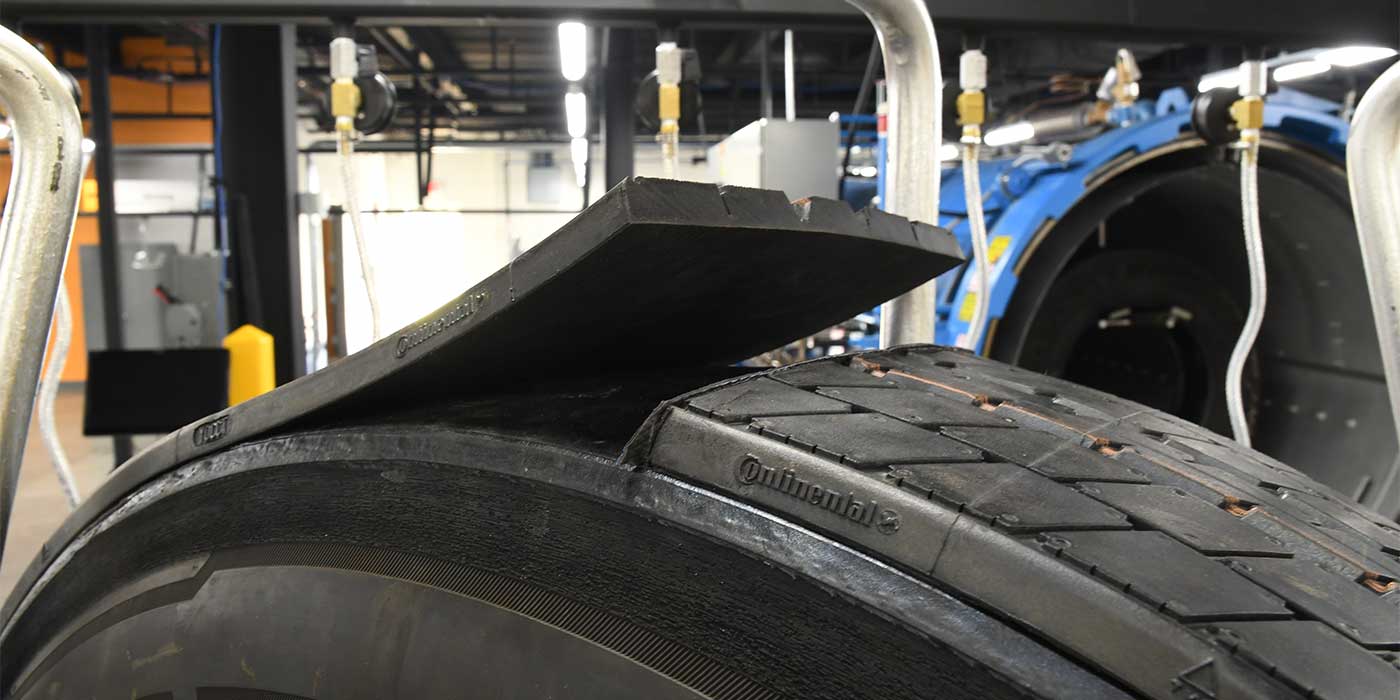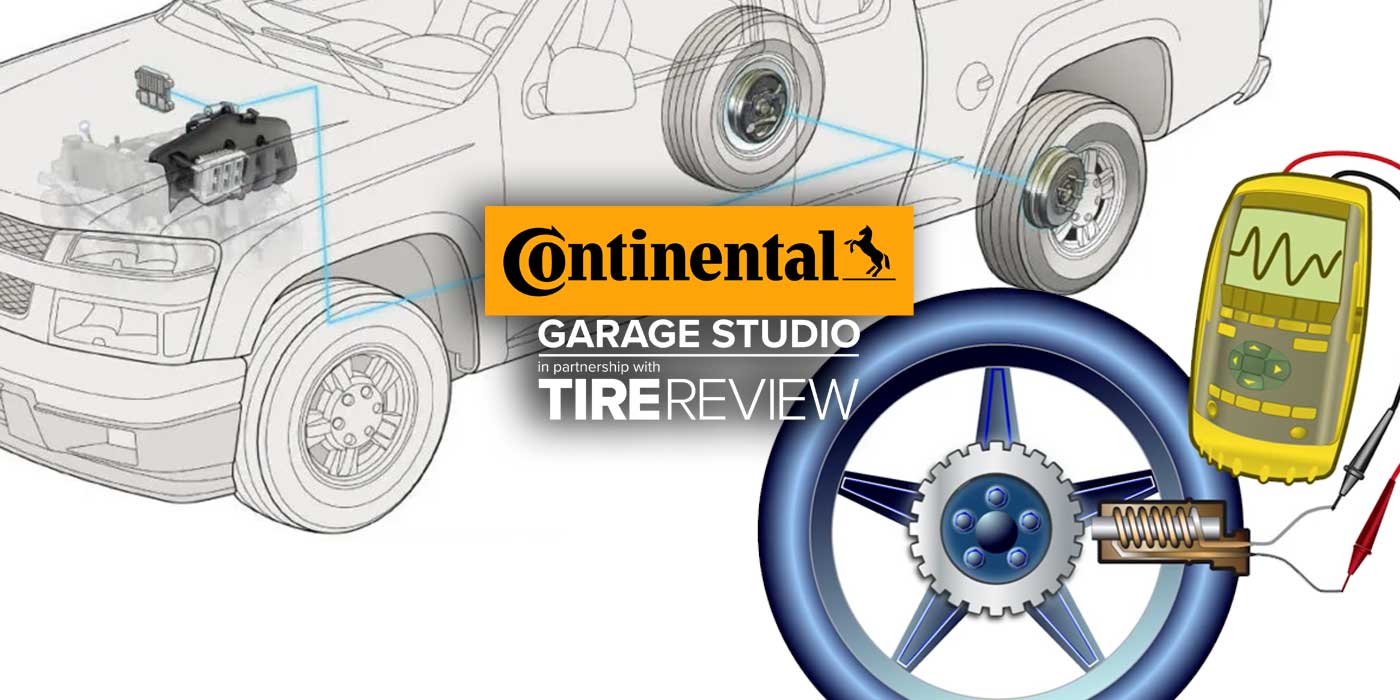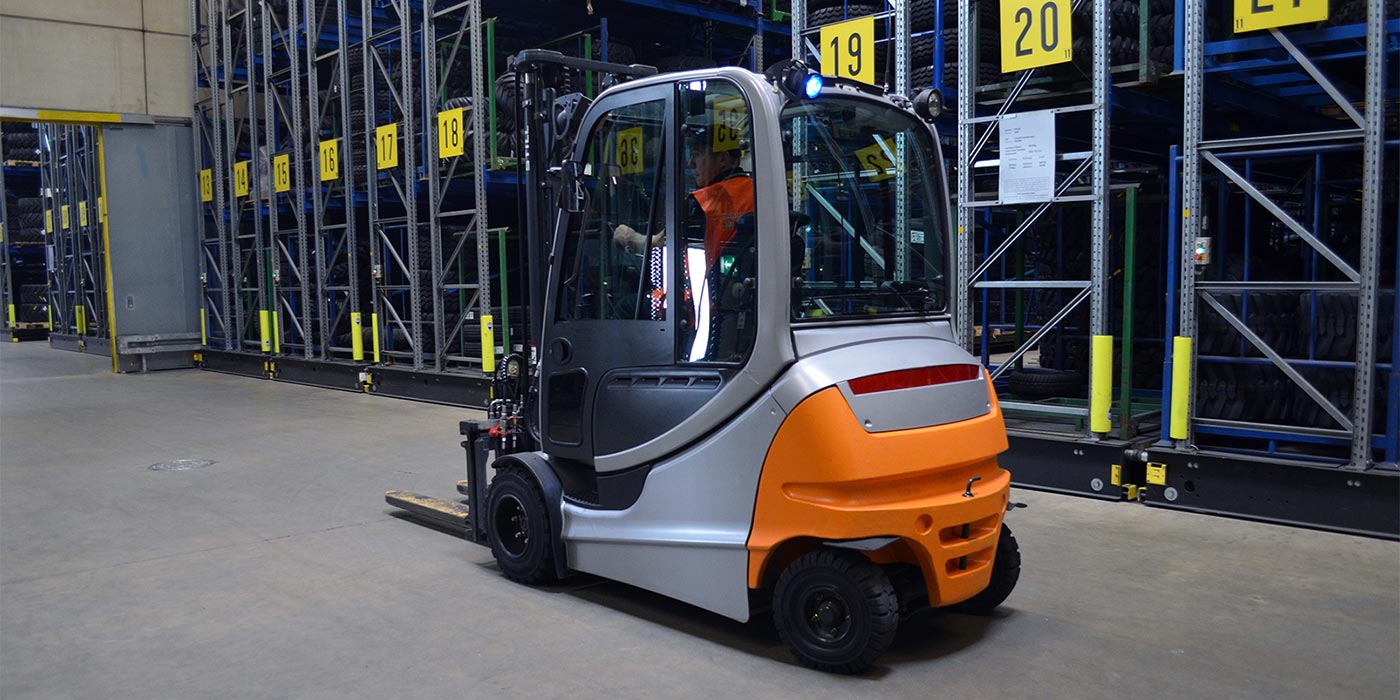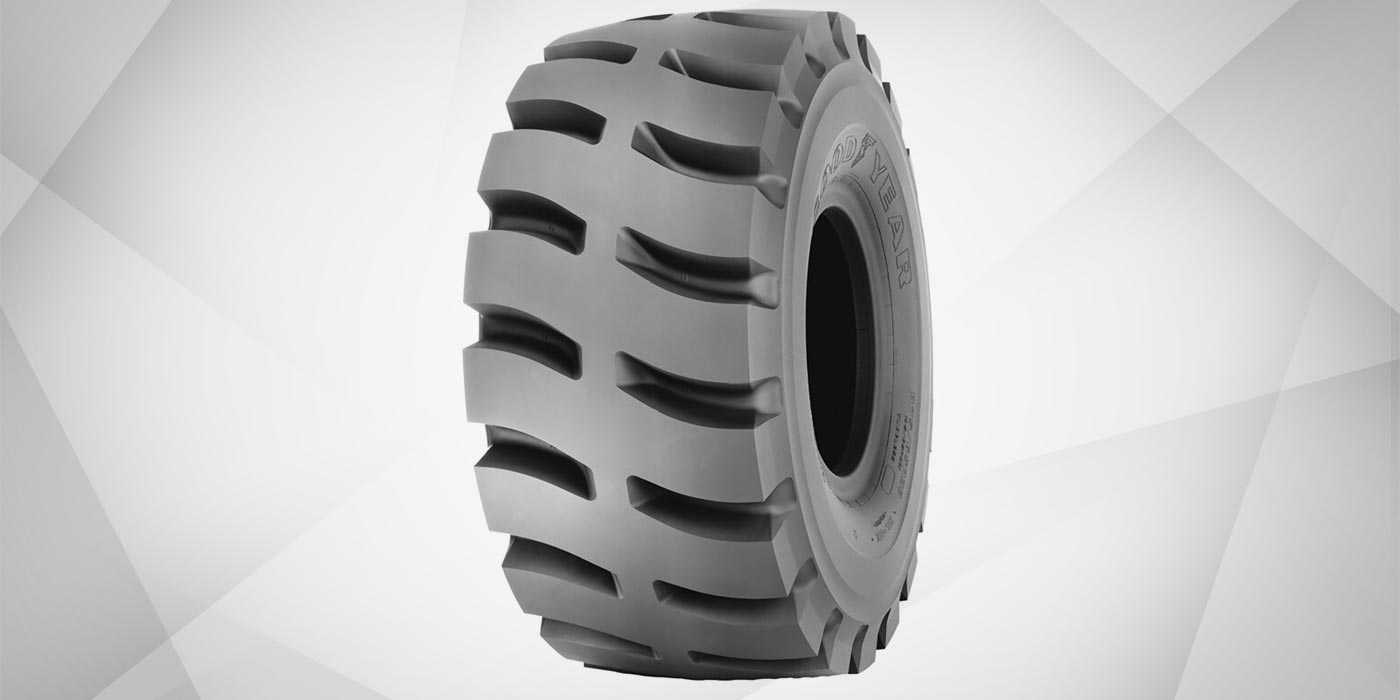The consumer media has given a great deal of ink and air-time recently to the issue of tire safety and the various factors that can cause a tire to fail. But one item most of these reports have not touched upon is the valve stem
Think about it. The valve stem is what keeps the air in the tire. If the valve stem doesn’t seal properly and leaks air at the base or thorough the valve core, the loss of air pressure can cause the tire to run hot or go flat. A low tire is a dangerous tire, especially when driving at high speed during hot weather or when a vehicle is heavily loaded.
“Though the valve stem is the least expensive component in a tire/wheel assembly, it’s also the most important,” says Steve Zimmerman of Tuffy Manufacturing in Akron, Ohio, a supplier of tire repair products and equipment.
To most people, a valve stem is a valve stem – they all look the same so the only difference they see is the price. But one of the most serious safety issues facing our industry today, he says, is cheap, low quality valve stems that are coming in from offshore manufacturers.
Zimmerman says many of these products are made of inferior materials that don’t stand up well to ozone, heat and cold over time. Yet many tire dealers don’t realize there is a difference – a huge difference – in the long-term reliability of some of these valve stems.
Bigger Difference Than Price
Quality name-brand snap-in valve stems from reputable suppliers for passenger car/light truck applications typically cost from 16 to 25 cents per piece in quantity vs. maybe 11 to 12 cents each for “no-name” imported stems. For grommet-style truck valve stems, a quality brand may sell for $1 each compared to 60 cents or less for a no-name brand.
A few cents difference in price may not seem like much, especially when most tire dealers charge $2.50 or more to their retail customers for an installed valve stem. But when you’re talking hundreds of valve stems over a period of time, the pennies add up – especially if a tire dealer is replacing valve stems for a large fleet account at no cost to the customer.
Frank Banzanhof of Schrader Bridgeport International Inc., Muskegee, Okla., a manufacturer of OE valve stems, says many import stems are made of natural rubber rather than EPDM, a tougher synthetic rubber used in most quality valve stems. EPDM has a much broader temperature range than natural rubber, and remains flexible in the coldest weather. It also resists ozone and chemical attack that deteriorates natural rubber.
“The materials they are using will not pass the SAE 1205-1206 ozone requirements, which is a standard created by the Society of Automotive Engineers. No vehicle manufacturer will accept a valve stem that doesn’t meet this standard.”
Banzanhof cautions that using valve stems made from low quality materials is asking for trouble. After only two years of service, natural rubber valve stems dry out, he says, becoming hard and brittle, allowing for cracks and leaks.
Unfortunately, there are no government standards that apply to valve stems. The Tire & Rim Association publishes a yearbook that lists standards for valve stem dimensional tolerances, but the group does not get involved with performance standards.
Finding Quality Stems
So how can a tire dealer tell if he’s buying a quality valve stem? Banzanhof says to ask the valve stem supplier if their product meets the SAE 1205-1206 standard. You should also ask if company that manufacturers the valve stem is QS9000 or ISO9000 certified – both of which require meeting stringent quality control standards, procedures and recordkeeping.
Tire dealers should watch out for no-name valve stems, according to Norm Prinzo and Dave Magoulick of the Akron-based Myers Tire Supply. “If you don’t see a manufacturer’s logo or country of origin on the product, I’d be very suspect of it. If there’s no identification on the valve, who’s going to stand behind it if there’s a problem?” asks Prinzo.
“A no-name valve stem may look and fit okay today, but how long will it last? The life of the rubber is determined by time and temperature. Many tires last a long time – up to six, eight or even 10 years. Truck applications are even more demanding because of the miles driven, heavy loads and extreme operating environment,” said Magoulick.
Valve Stem Replacement
Most valve stem suppliers say tire dealers should always replace the valve stem when replacing a tire. Valve stems should also be inspected anytime a tire is balanced, repaired or dismounted. A valve stem that’s cracked, damaged or leaking must be replaced.
Before installing a new valve, inspect the hole in the rim for nicks, burrs, corrosion or other roughness that could damage the new valve or prevent a leak-free seal. Most valve stems are coated at the factory to maintain their appearance and to ease installation. If a lubricant is used, do not use a petroleum-based product (rubber absorbs oil). Carefully pull the valve into the hole and make sure it is properly seated.
On some light truck applications, special “high pressure” valve stems may be required (refer to the pressure rating of the tires). Most passenger car and light truck valve stems are only rated to a maximum of 65 psi, so if the vehicle has high load tires it will require high-pressure rated valve stems.
Never assume the old valve stem is the correct one for the application because it may have been replaced previously. Use a replacement valve stem that correctly matches the type of wheel and vehicle application. Many alloy wheels require a clamp-in style valve stem with a threaded metal nut.
On heavy-duty trucks, make sure the valve grommet is the correct size for the hole in the wheel, and that the valve stem is properly positioned for balance and to allow easy air pressure checks.
Finally, make sure the valve core is fully seated and does not leak air once the tire has been mounted and inflated. And always install the cap to keep out dirt and moisture.

